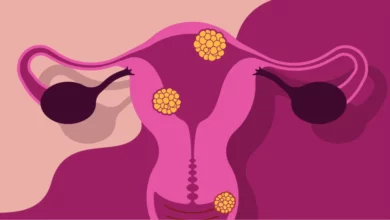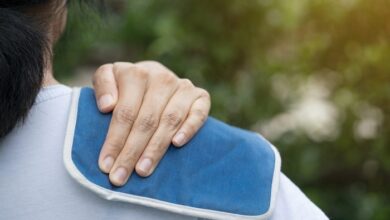2,009 4 minutes read
Health & Fitness
The American Heart Association recommends consuming no more than 2,300 milligrams of salt per day. Among other harmful effects, it contributes to a rise in blood pressure.
Therefore, before the test, you shouldn’t eat fast food, nuts, beans, or other products that contain a lot of salt. Otherwise, the results can be falsely high.
7. Don’t take medicine before having a blood test.
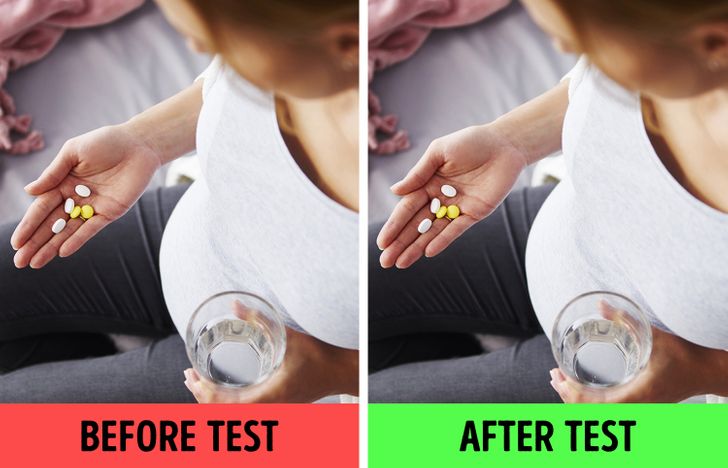
A few days before the test, for a more accurate result, you should refuse to take drugs so that your blood has time to cleanse and isn’t influenced by any outside factors.
As for pills prescribed to you for mandatory daily use, doctors usually say not to take them in the morning before giving blood and to then take them right after the test. But in each particular case, it’s better to discuss this issue in advance with the specialist.
8. Don’t change your everyday schedule.
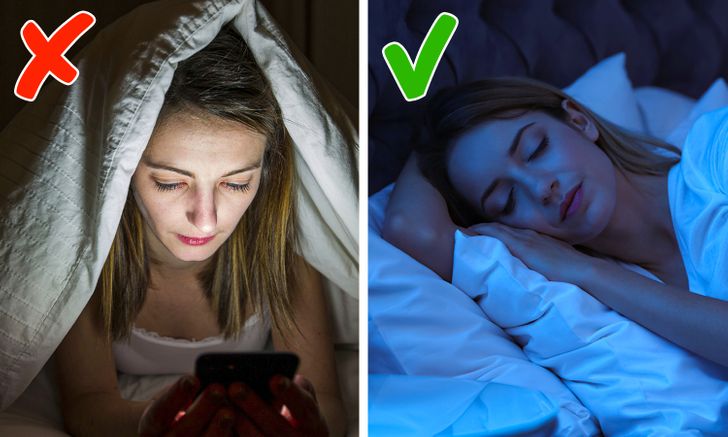
Our body is a stable system that requires a certain amount of time to adapt to new regimens. For example, travelers use the universal rule that flying just one time zone over will require about 2 days of recovery. It turns out that when you go to bed an hour later than usual, your body is already experiencing stress, which affects its general condition and different body indices.
The same applies to other natural processes such as nutrition, water consumption, and stress levels.
9. Don’t use creams, lubricants, or tampons before a pap smear.

A pap smear is one of the most important tests for determining the health of female organs. Doctors recommend doing it every 3 years. Given that the study zone is very sensitive and irritable to external factors, you should remember the following rules:
- Don’t insert tampons for 48 hours before a pap smear.
- Don’t apply creams and lubricants for 48 hours before your pap.
- Don’t use spermicides for 48 hours before a smear.
- Don’t make vaginal douches for 72 hours before your smear.
10. Don’t surf the Internet before visiting an ophthalmologist.
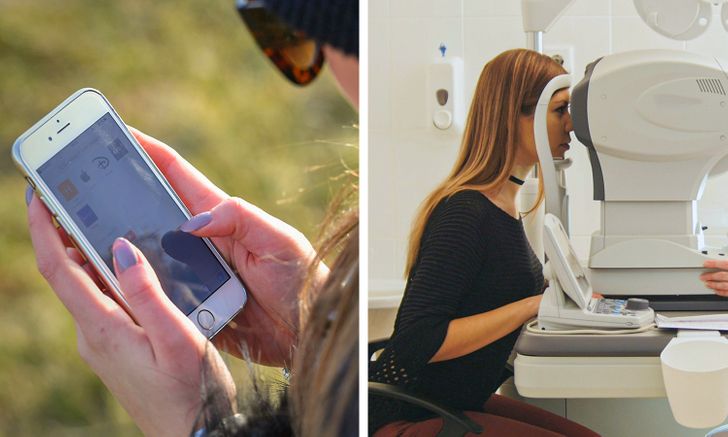
Constant eye-strain can indicate serious problems and requires special attention. But this state may also occur temporarily due to prolonged use of gadgets. For several hours, until your eyes rest, your sight may become worse than it really is.
If you go to the ophthalmologist for a medical certificate for work or driving school, you need to show your best result. Here’s a list of symptoms that can help to indicate eye-strain. If you have them, you should postpone the visit to the doctor for a while so you will get an accurate result.
- The feeling that you cannot keep your eyes open
- Burning or itching eyes
- Blurred or double vision
- Increased sensitivity to light
- Headaches


